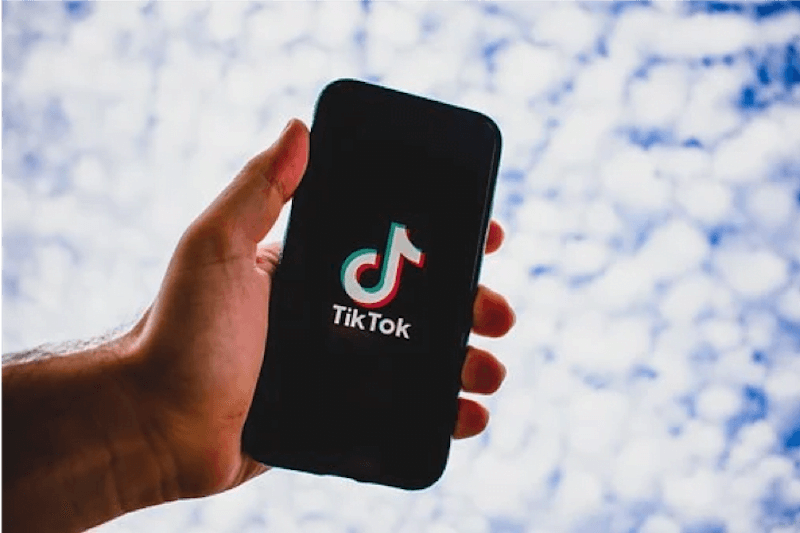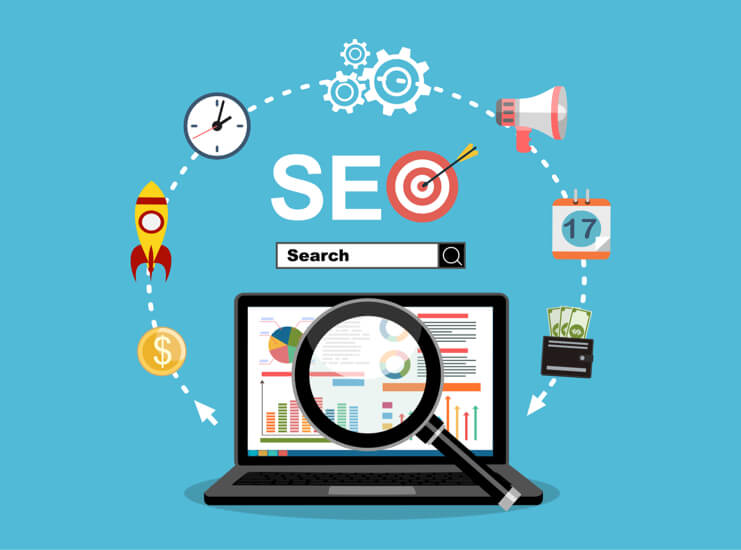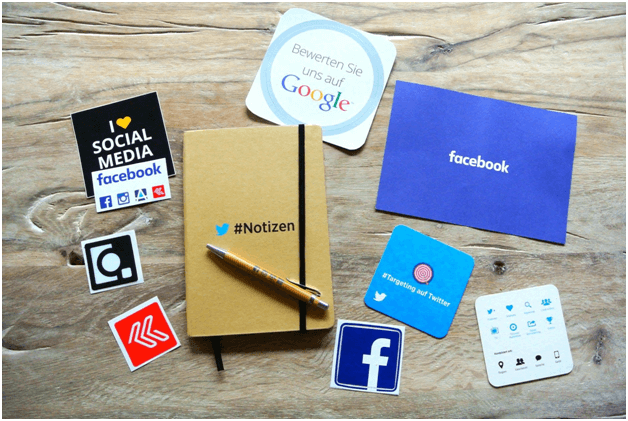Of all the social media outlets, Facebook is the most notorious for its difficult-to-navigate, blurry privacy policies — and the ensuing news stories. When the average person hears the term data breach, thoughts turn to this social network born out of a Harvard dorm room in the early 2000s. For many, data breaches and Facebook are almost synonymous in 2020.
Users may feel savvy when it comes to keeping their personal information protected while using Zuckerberg’s social network, but Facebook’s poor privacy policies have made headlines since its inception.
Despite a drive to tighten ship and re-instill confidence in users, the current policies in place are still not quite up to par. Ultimately, it is the individual user’s responsibility to protect their own information and private data. It’s clear that social media outlets will not do this for users; duty of care notwithstanding.
Here’s a quick roundup of the issues surrounding Facebook’s privacy and security policies, how you could be exposing yourself inadvertently, and what you can do to protect your own personal information.
Facebook’s Privacy Issues and Controversies
Facebook has long been scrutinized for lax privacy policies that don’t have the user’s best interest at heart. The infamous Cambridge Analytica scandal of 2018 saw an astounding breach of privacy for over 87 million users.
Before that, Facebook’s integrity was called into question amidst the 2016 US presidential election for its role in disseminating false information and advertisements on Russia’s behalf.
While Facebook has since put more stringent measures in place and will probably not sell your data to another British political consulting firm, they will still grant access to your data with the intention of keeping the flow of cash straight to the top. In other words, no data online is completely safe.
Have You Been Exposing Private Data Unintentionally?
Of course, if you post an update to tell your friends that your local grocery store has run out of toilet paper and you have your updates set to ‘public,’ then anyone will know who you are, where you shop, and what you’re looking for. But even if you make your status-update sharing private for friends only, you’re still potentially exposing yourself.
From sharing content on your social media feeds to casually browsing the web, you could easily be leaking information on social media about your location, your username, and even what kind of devices you use.
For example, a stealthy hacker — or even worse, a stalker — could determine your exact GPS coordinates from a simple post of your brunch plate and mimosa, even if the restaurant’s name can’t be identified in the image. This kind of information, along with other invasive details, is stored in the metadata of images. While Facebook has eliminated some of the shared data fields in 2019, much can still be accessed.
Your IP address is your device’s unique address that contains geolocation data about the network you’re connected to. Every single website you visit will log your IP address, the same goes for every email you send. While the geolocation of your network may not seem like a big deal to share, if someone wanted to look at all of the online activity associated with a single IP address, quite a bit of personal information and details can be extrapolated.
This is just the tip of the data leak iceberg. Every time you use Facebook (or another social media site) to log into a third-party app, you’re granting that app access to some of the private data associated with your Facebook profile. Associated data may or may not include your date of birth, full name, phone number, email address, contacts, and more.
Protecting Your Data on Facebook and Other Social Media Platforms
There are some basic steps you, the user, can take to make sure your information is as secure as it can be while browsing and posting to your feeds. Of course, you have to optimize all of the privacy settings that are available to you across the board. It might sound headache-inducing, but it’s certainly worth going the extra mile for protection and not as difficult as expected. In this process, you secure information about yourself and what information is shared with third-party applications as well. Further steps to take include implementing the use of a VPN which secures your data and anonymizes your online activity even further.
Additionally, when you post online, never reveal data and information about yourself that you would want to delete later. After all, once something is published on the internet, it’s impossible to truly get rid of for good.




